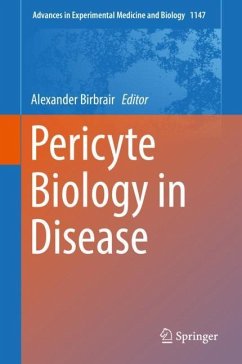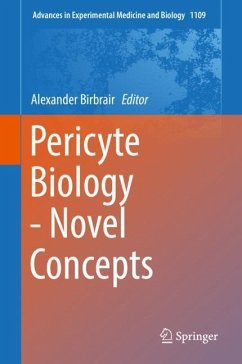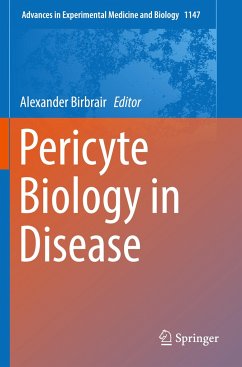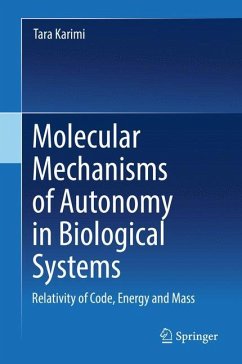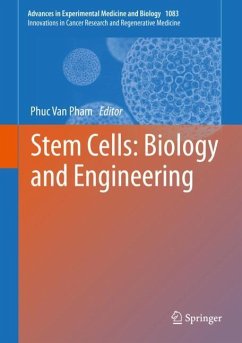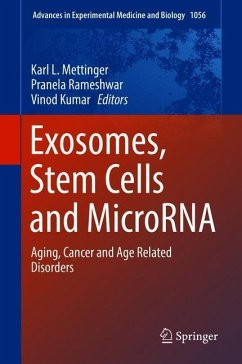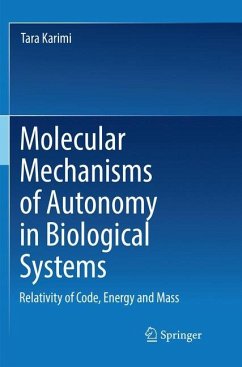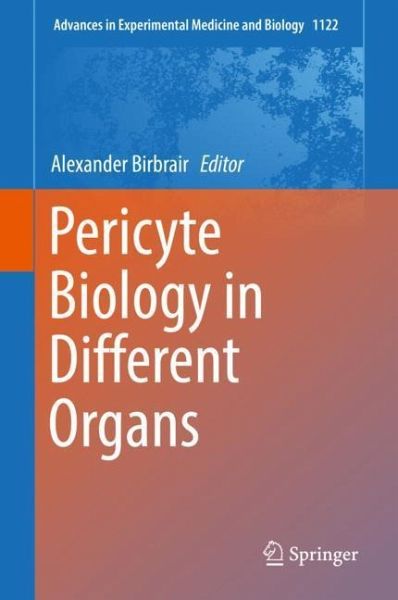
Pericyte Biology in Different Organs

PAYBACK Punkte
57 °P sammeln!
The present book is an attempt to describe the most recent developments in the area of pericyte biology which is one of the emergent hot topics in the field of molecular and cellular biology today. Here, we present a selected collection of thirteen detailed chapters on what we know so far about pericytes in distinct organs in physiological and pathological conditions. Further, it provides an update on the most novel functions attributed to these cells and will introduce a newer generation of researchers and scientists to the importance of these cells, ranging from their discovery in different ...
The present book is an attempt to describe the most recent developments in the area of pericyte biology which is one of the emergent hot topics in the field of molecular and cellular biology today. Here, we present a selected collection of thirteen detailed chapters on what we know so far about pericytes in distinct organs in physiological and pathological conditions. Further, it provides an update on the most novel functions attributed to these cells and will introduce a newer generation of researchers and scientists to the importance of these cells, ranging from their discovery in different organs through current state-of-the-science. It will be invaluable for both advanced cell biology students as well as researchers in cell biology, stem cells and vascular research.
This volume explores pericytes' physiologic roles in different tissues, ranging from the pancreas, lungs and liver through skeletal muscle, gut, retina and more. Together with its companionvolumes Pericyte Biology in Disease and Pericyte Biology - Novel Concepts, Pericyte Biology in Different Organs presents a comprehensive update on the latest information and most novel functions attributed to pericytes. To those researchers newer to this area, it will be useful to have the background information on these cells' unique history. It will be invaluable for both advanced cell biology students as well as researchers in cell biology, stem cells and researchers or clinicians involved with specific organs.
This volume explores pericytes' physiologic roles in different tissues, ranging from the pancreas, lungs and liver through skeletal muscle, gut, retina and more. Together with its companionvolumes Pericyte Biology in Disease and Pericyte Biology - Novel Concepts, Pericyte Biology in Different Organs presents a comprehensive update on the latest information and most novel functions attributed to pericytes. To those researchers newer to this area, it will be useful to have the background information on these cells' unique history. It will be invaluable for both advanced cell biology students as well as researchers in cell biology, stem cells and researchers or clinicians involved with specific organs.



